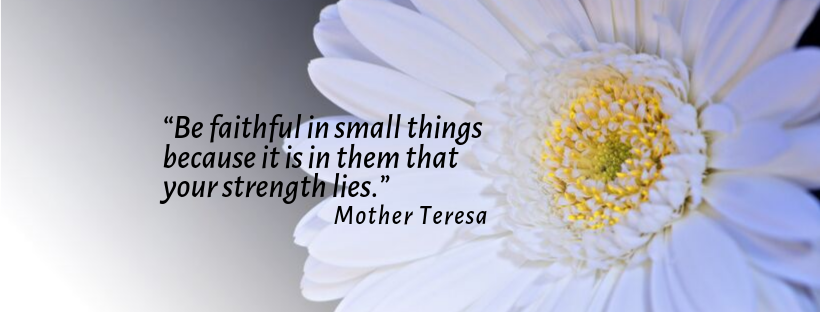On the first day of school in my sophomore year of high school, I entered my English class with a mix of arrogance and expectation. I’d heard different messages about my teacher, but I wasn’t a mere freshman anymore, so I believed I could handle whatever he dished out.
We got through the attendance and passing out the textbooks, and I was ready to start my weekend. Who starts school on a Friday, anyway? Just before the bell, Mr. Barclay announced our homework assignment. I laughed. Loudly. A quick exchange revealed that he was indeed serious, and I was ready to rebel.
I ended up doing my homework that weekend and many other weekends. Not surprisingly, Mr. Barclay went on to be one of my favorite teachers. After a brief conversation near the end of my senior year, he introduced me to his family. Mr. Barclay wanted me to consider attending his brother’s alma mater, where he said I’d get superior education. More importantly, he believed I could, so he enlisted his brother’s help to make it happen. Three months later, I left for Ohio to a college I had neither seen nor heard of prior.
Oberlin was more than exemplary educationally; it was a social experiment for me. That environment would test my mettle and define both resilience and maturity for me. When I arrived at 16, I had no idea the type of rigorous study habits required to succeed. Once I began to observe my classmates, I quickly realized how far out of my league I was. I had virtually no study habits or work ethic, and my emotional maturity was lacking. And it didn’t get better before it got worse.
Can you relate? Has someone ever seen potential in you that’s invisible when you look at yourself? Three main factors contributed to my intellectual doom and gloom. While my story relates to education, feel free to apply these to other areas:
- I thought my classmates had something I didn’t.
I didn’t realize that while we didn’t all have the same preparation, we all possessed the same basic tools. It was up to me to use the tools in a way that could make up for my lack of preparation instead of throwing in the towel. - I wasn’t mature enough to move beyond what I saw and didn’t have a circle to show me otherwise.
Each time I got a low score on a test or assignment, my self-perception dipped lower, and I didn’t have a prepared response. When we don’t prepare in the event of a setback, bouncing back is even harder. The prep isn’t an expectation of loss. Preparing in advance avails us to learn the lessons in the experience, which may include having someone there to help evaluate our process and results. - When favor promoted me to a new level, I hadn’t developed habits to keep me there and help me continue to grow.
There are two ways to approach developing study habits. We can either study to pass the test or study to learn and apply the material. In my four years at Oberlin, I didn’t master the art of taking tests. However, the study habits I possess now extend much farther, and there’s no one watching! I’m not currently a student, but I am a “learner.” I make time and take time to learn, whether or not I ever get tested. That’s not only my habit, but it’s also my work ethic.
Whether or not we realize it, we have access to information that can propel us beyond our wildest dreams. However, it won’t always be a viral post or winning a talent contest that shifts our life to new heights. For some, it will be the things we do solo when no one’s there to pat us on the back. Depending on the arena, that could mean reading lots of material or practicing our art. For me, it’s applying myself to study and write, irrespective of whether there’s an audience initially.
I am a learner. Even if I don’t get to share my words, my life can serve as a lesson if I’m intentional. Who are you? More importantly, who stands to benefit from your habits?


Wow! “Who stands to benefit from ‘our’ habits.” That’s a powerful reminder that we are all learners and teachers at the same time.
Yes, indeed! Thanks so much for your feedback!
Thank you for reminding me of “Who I am”.